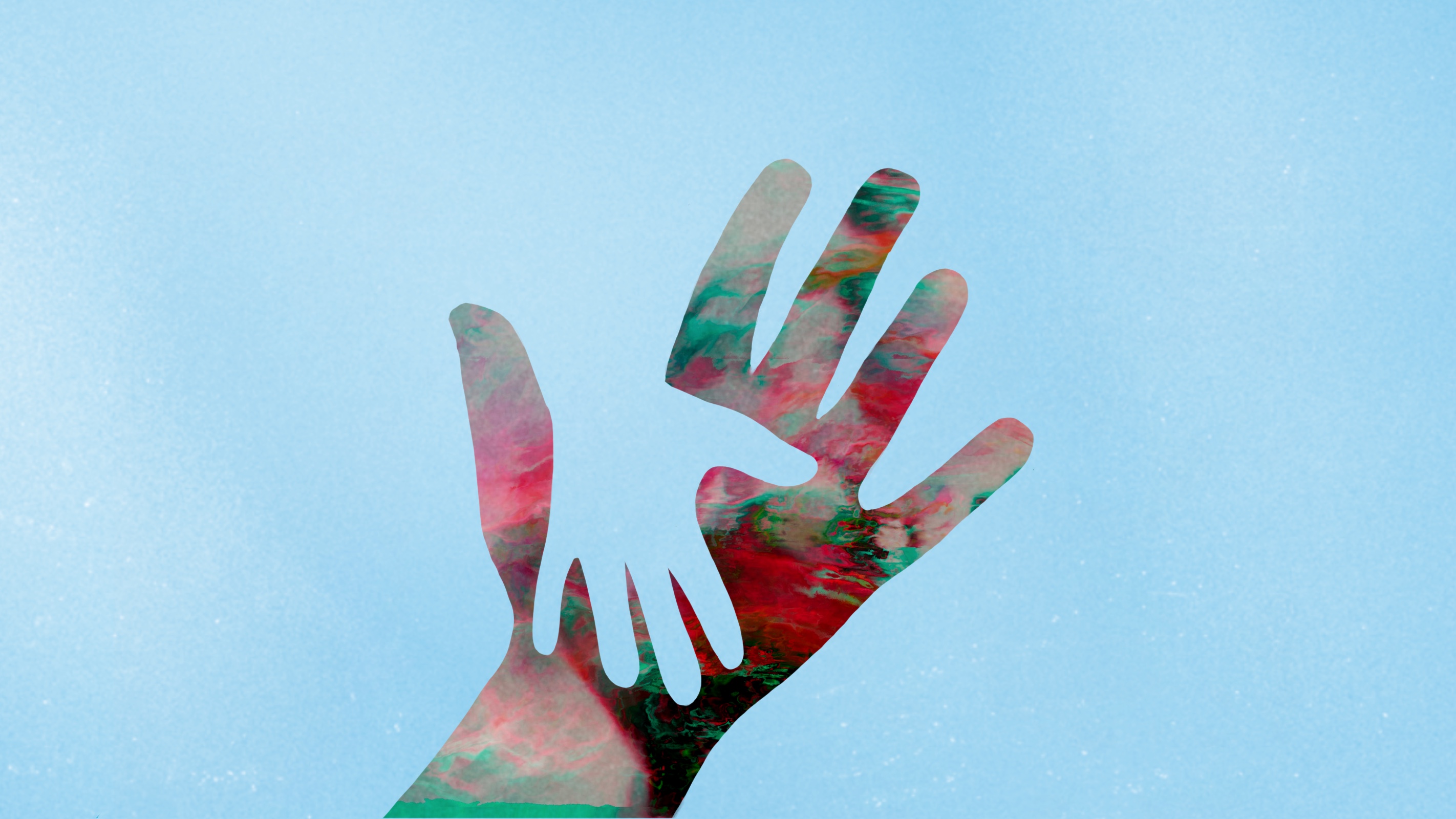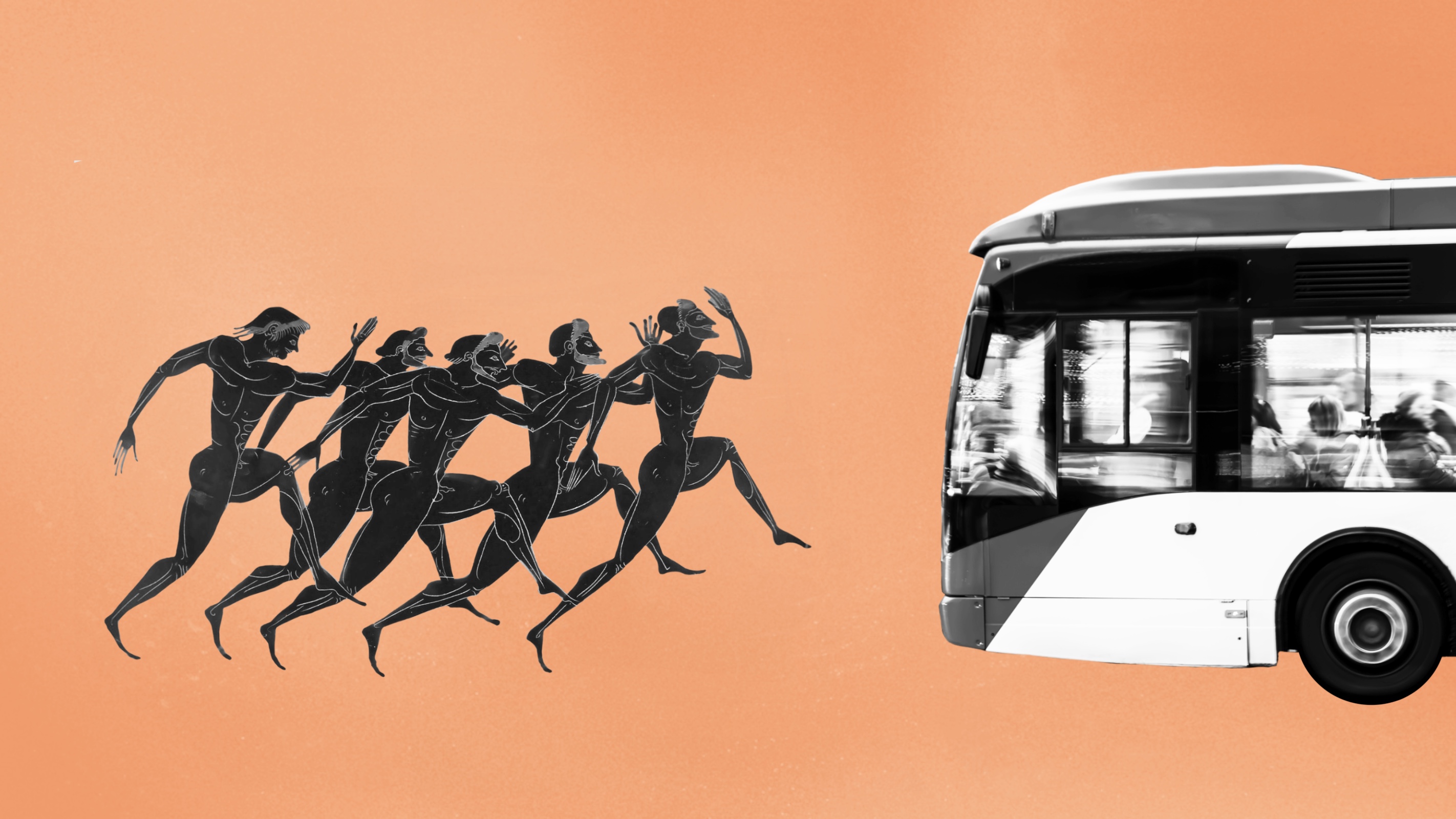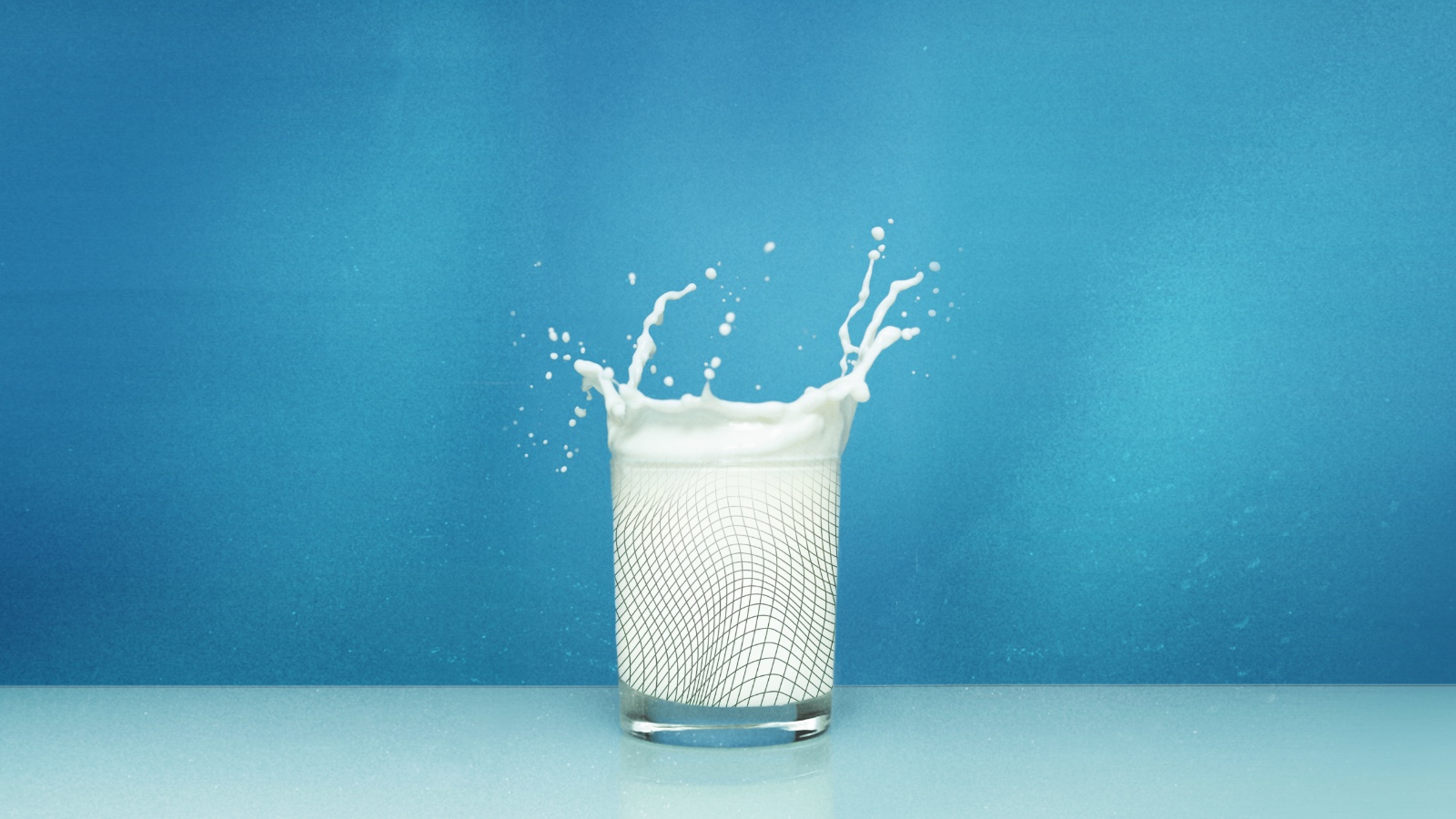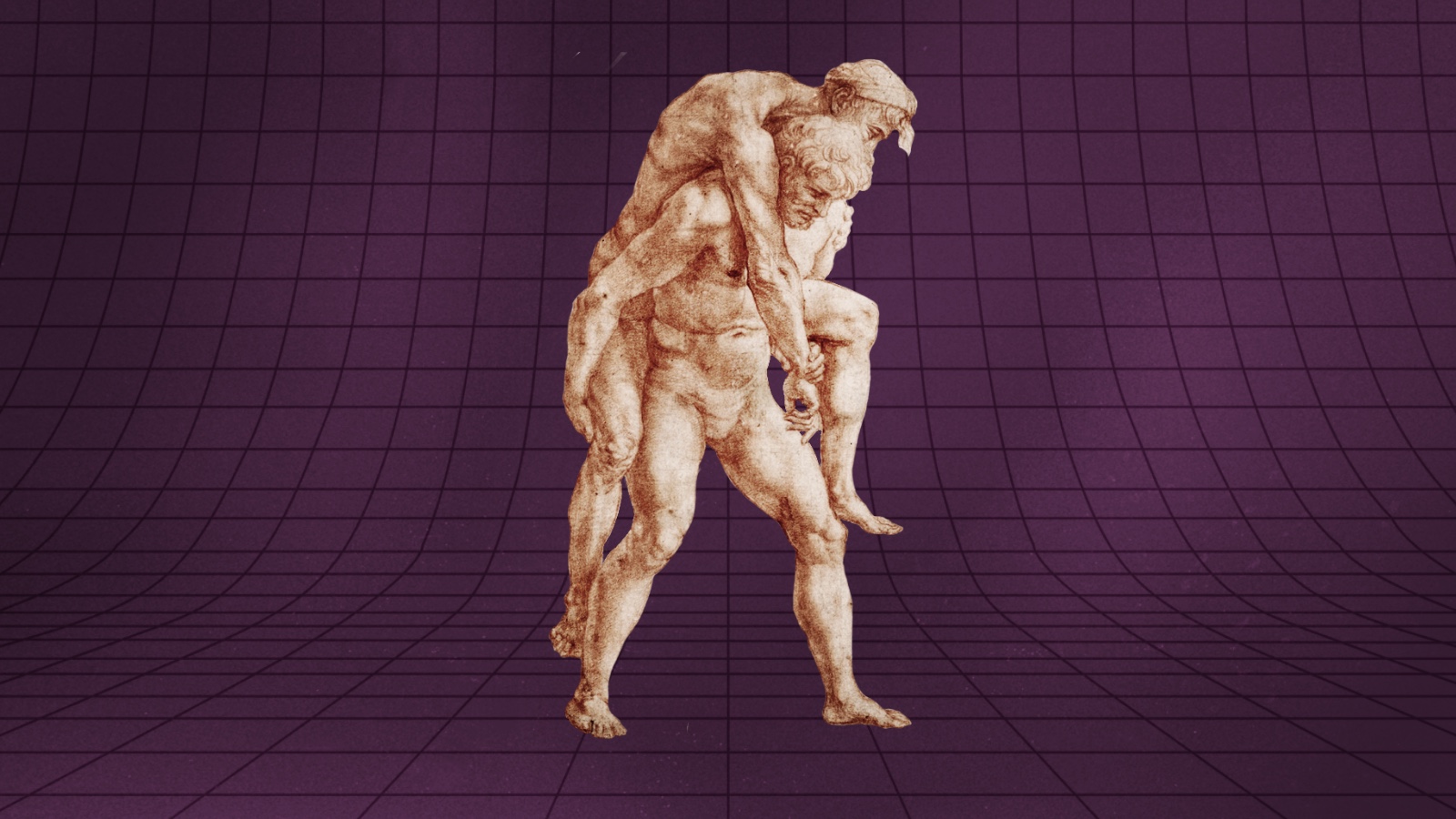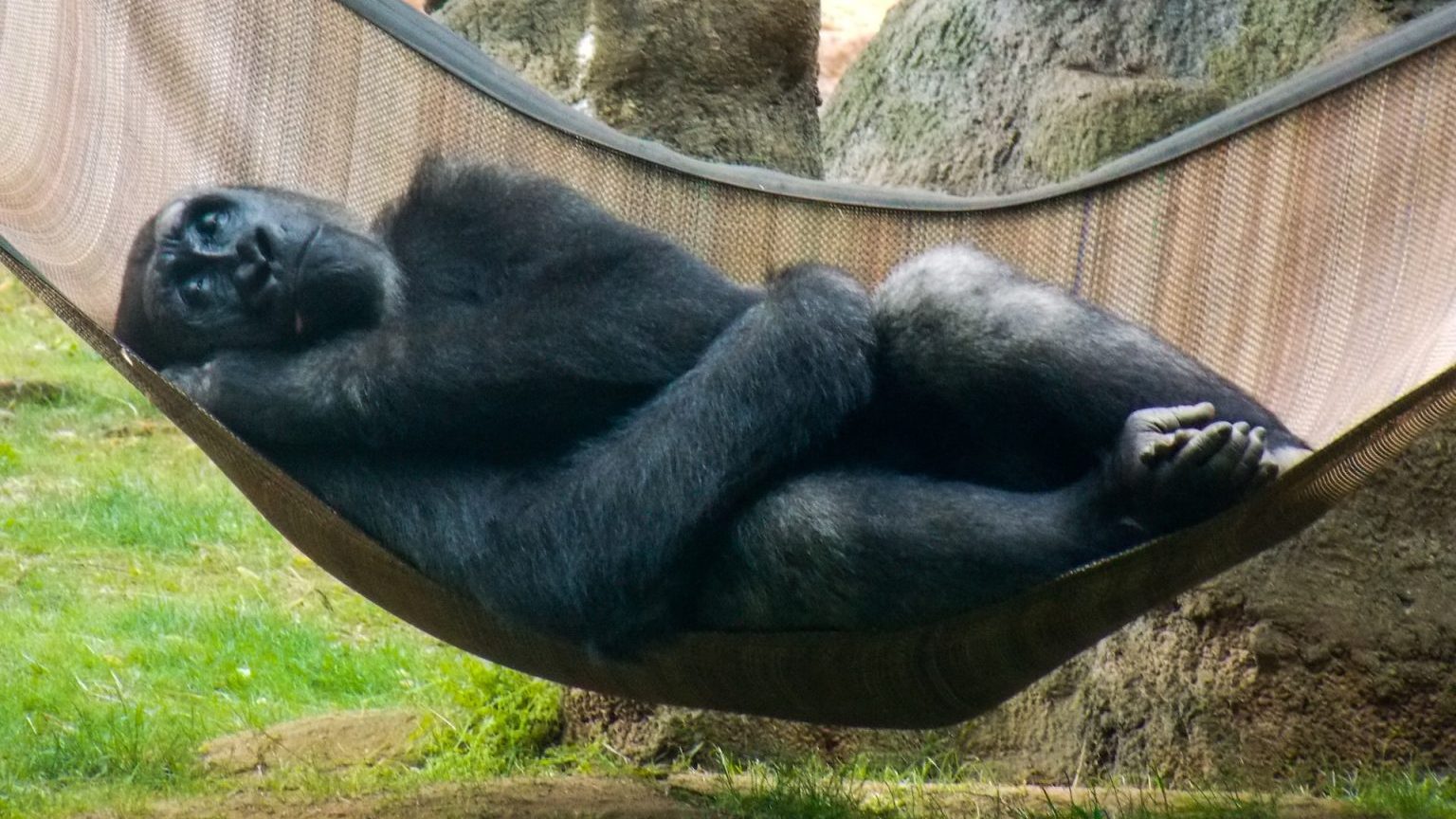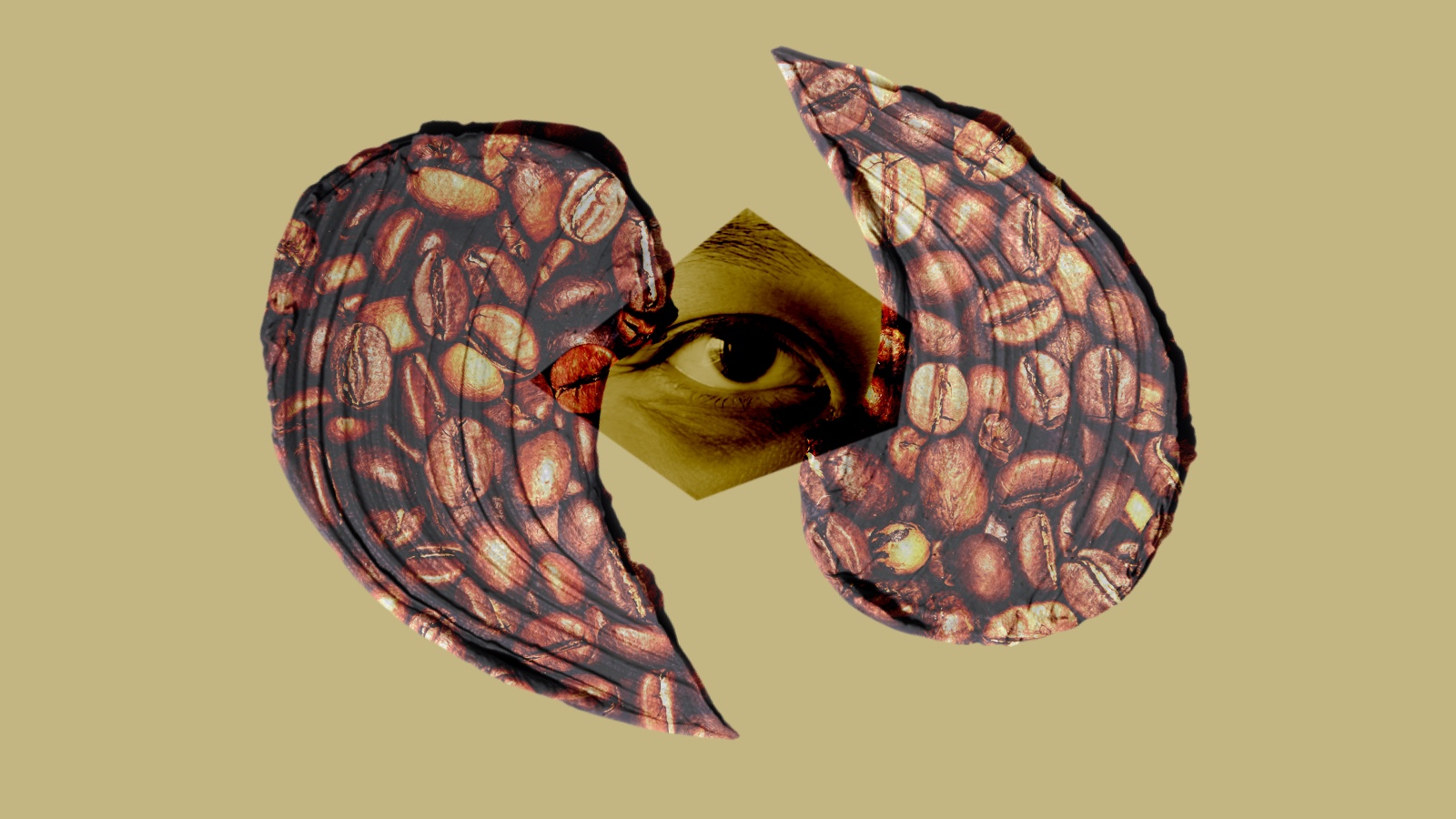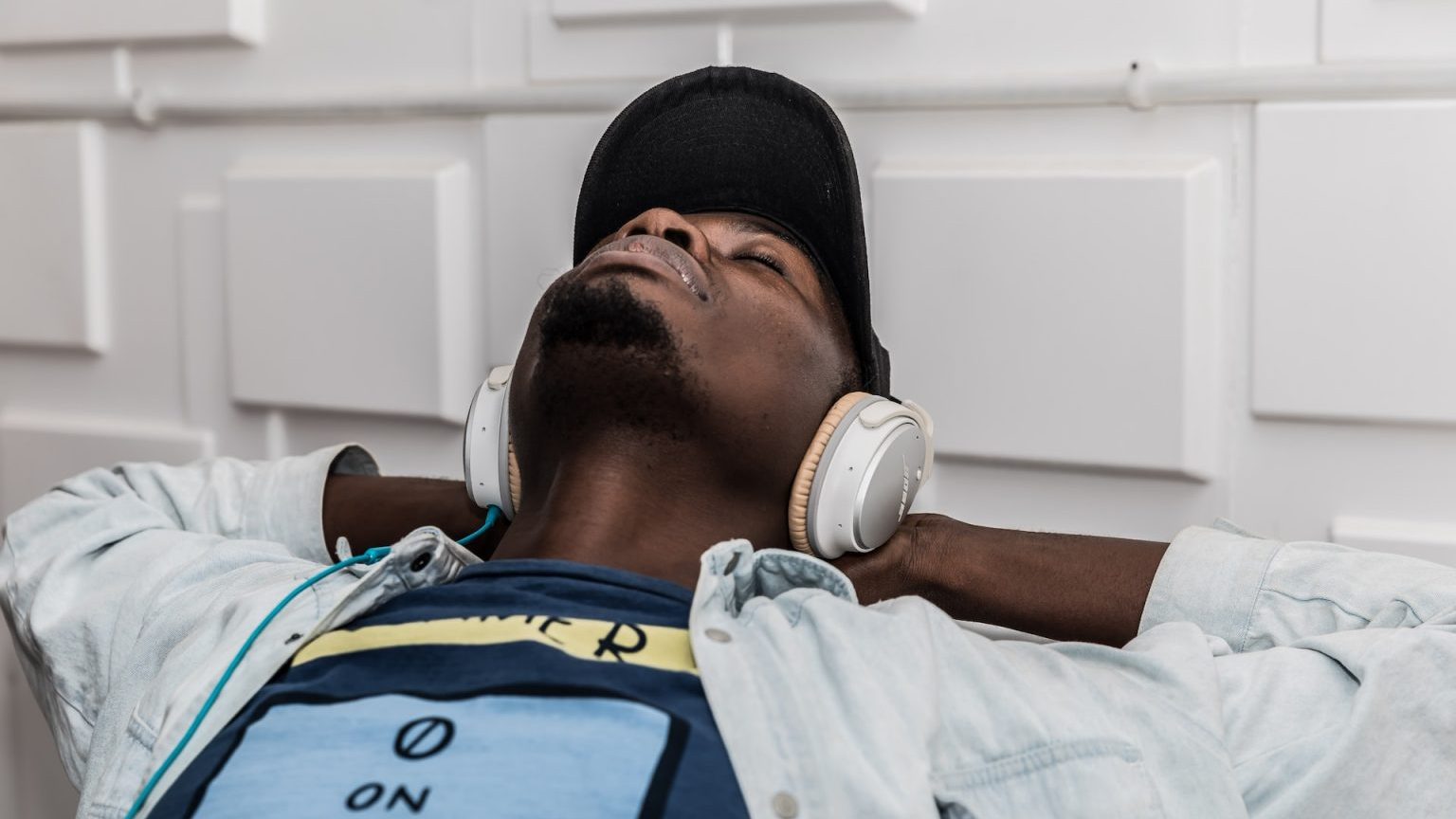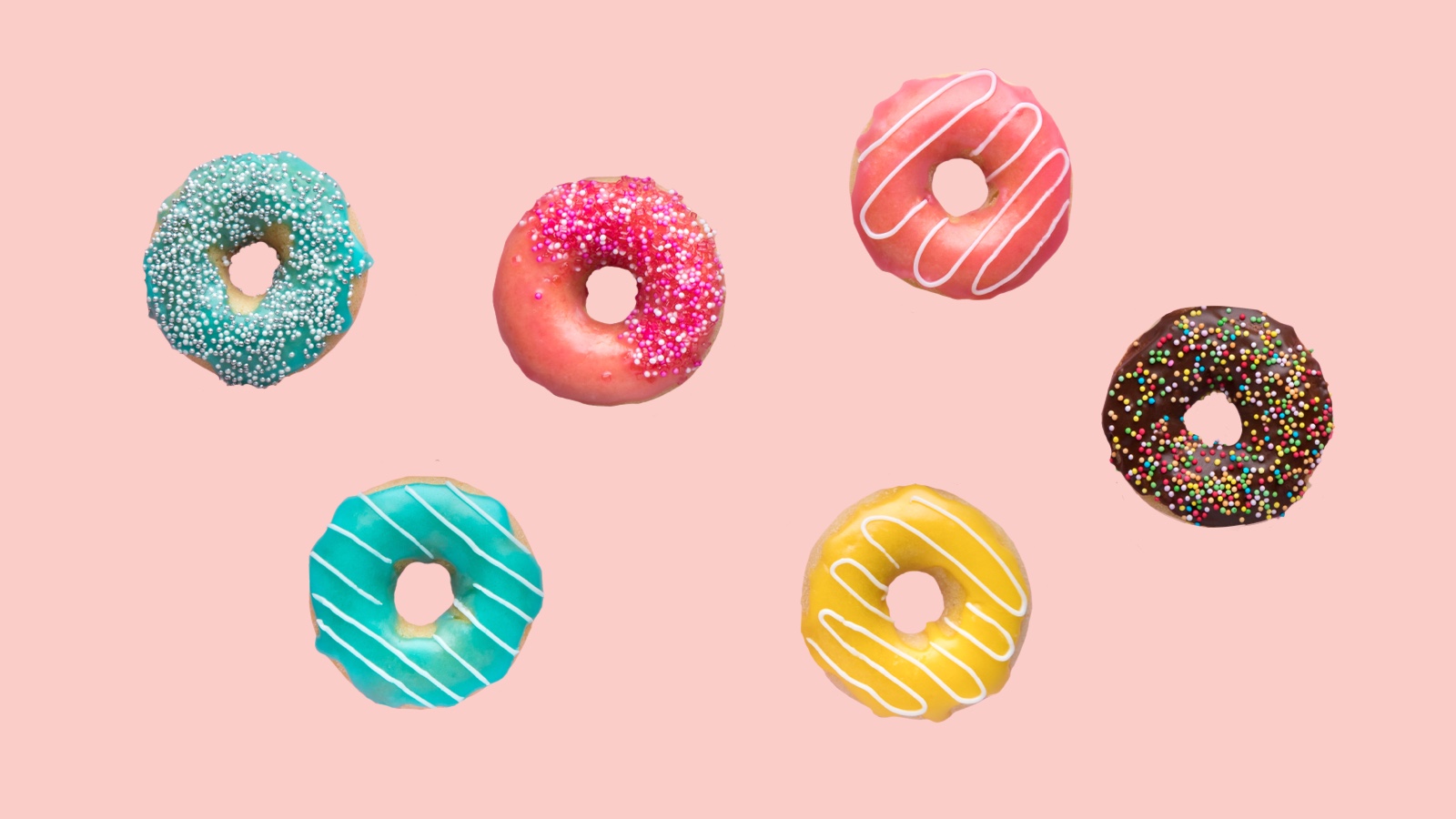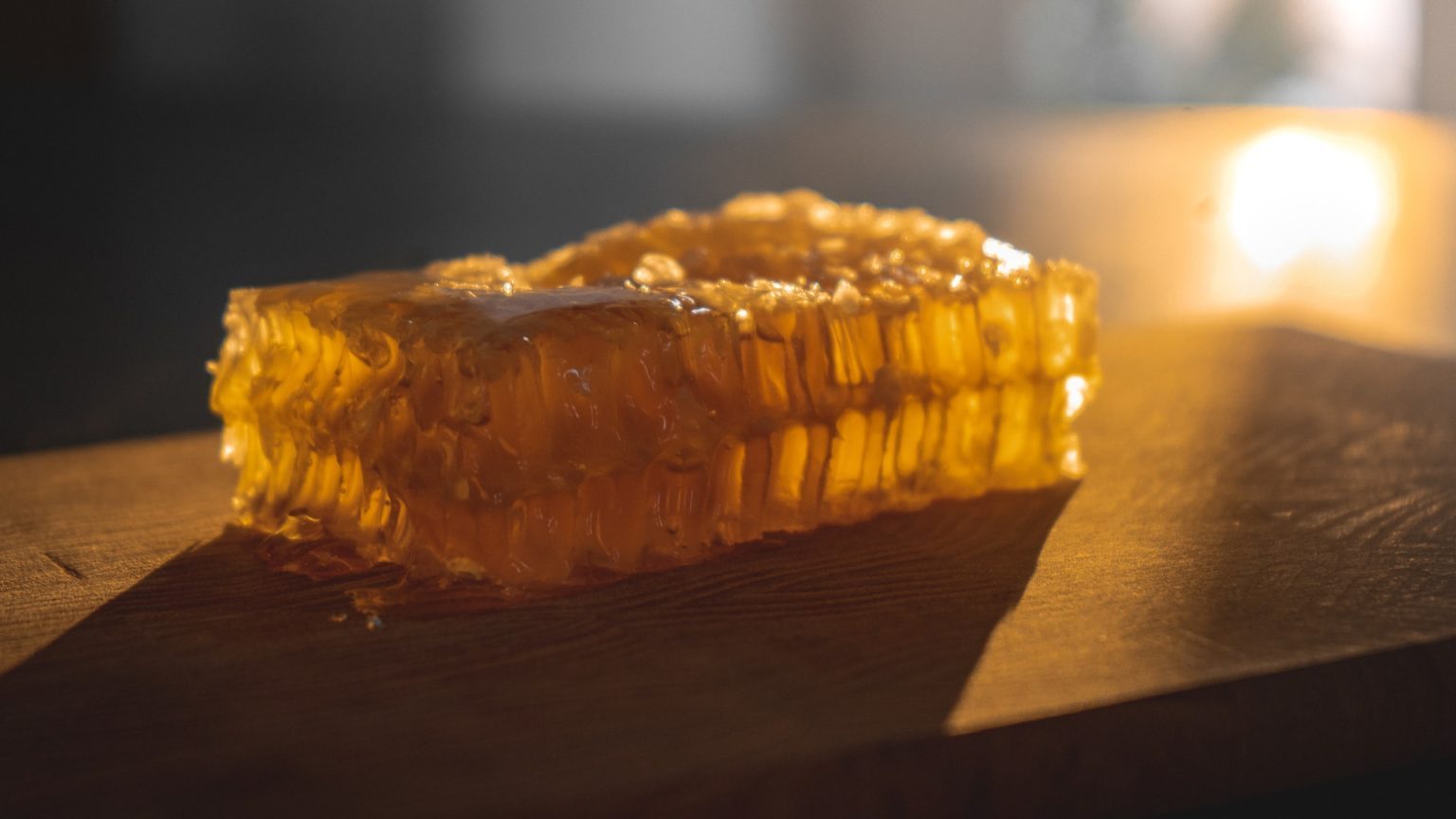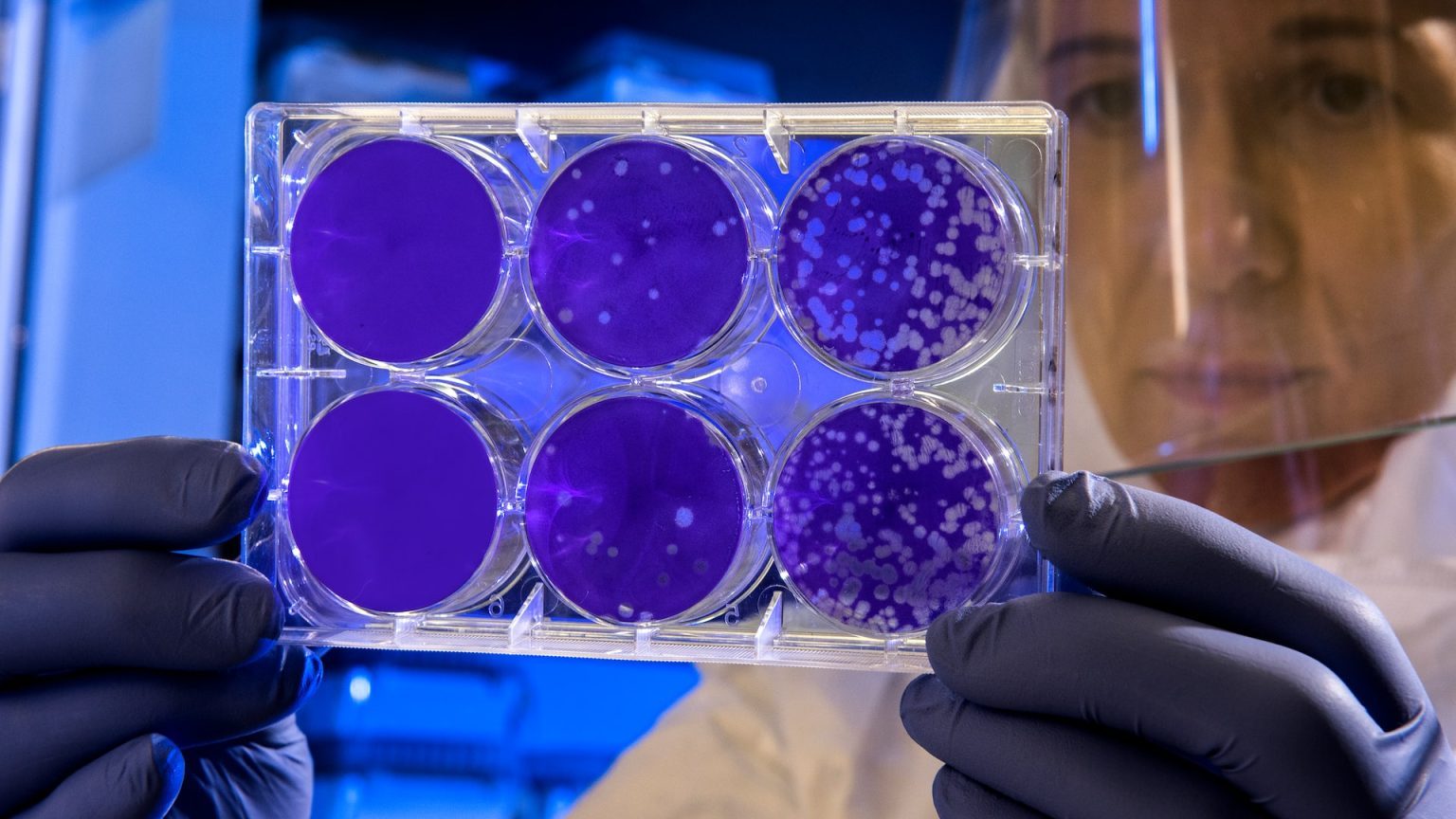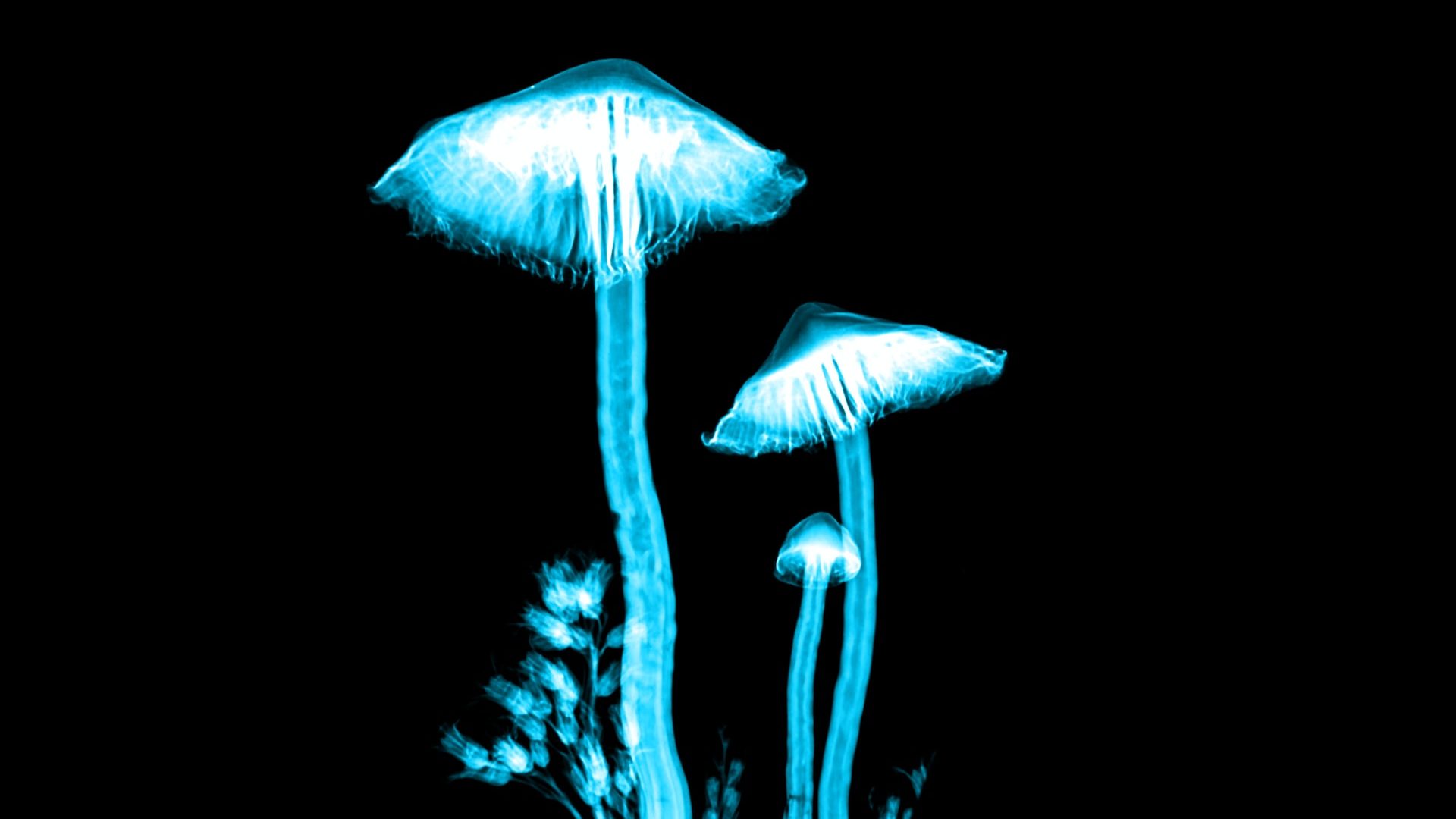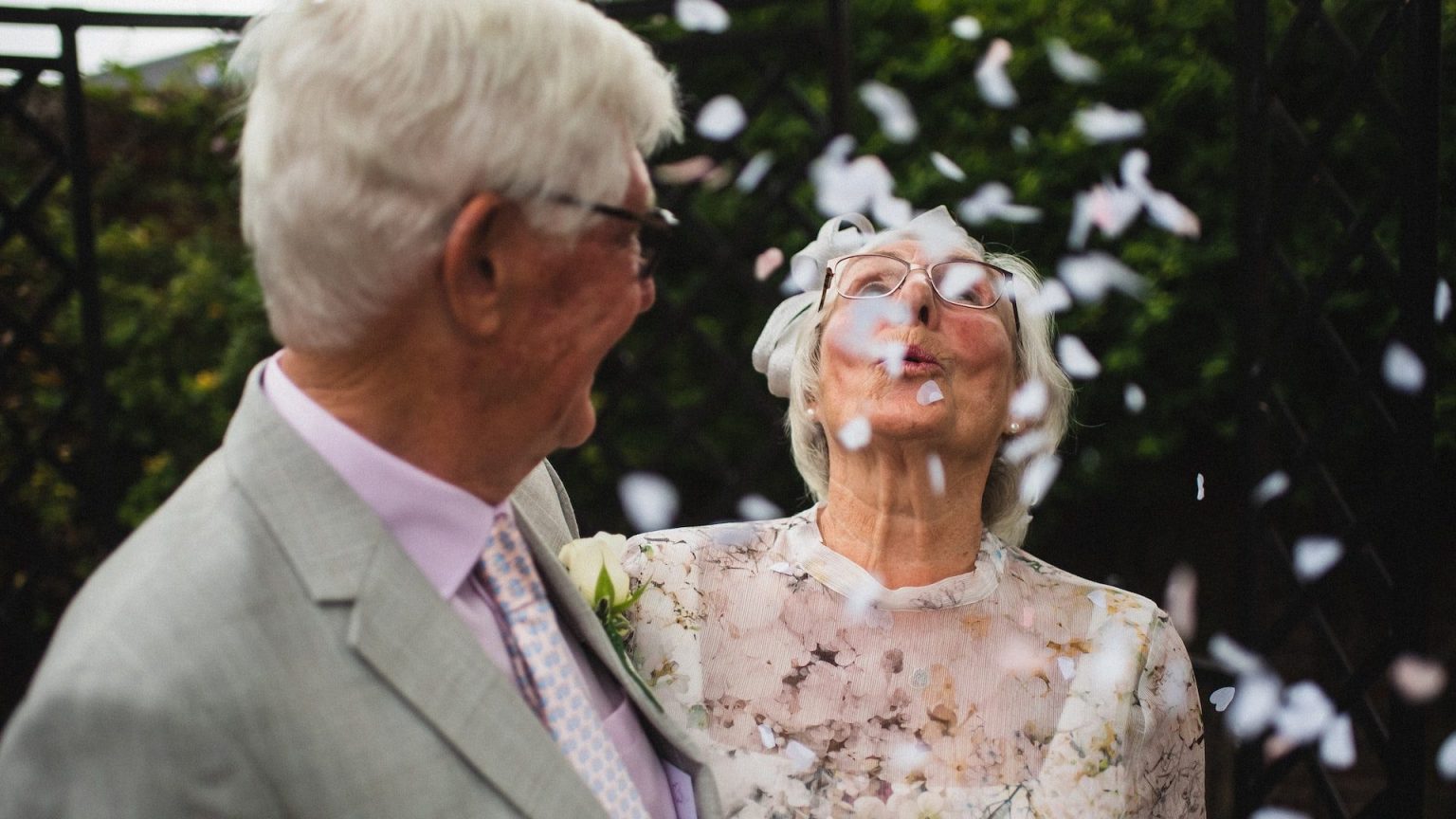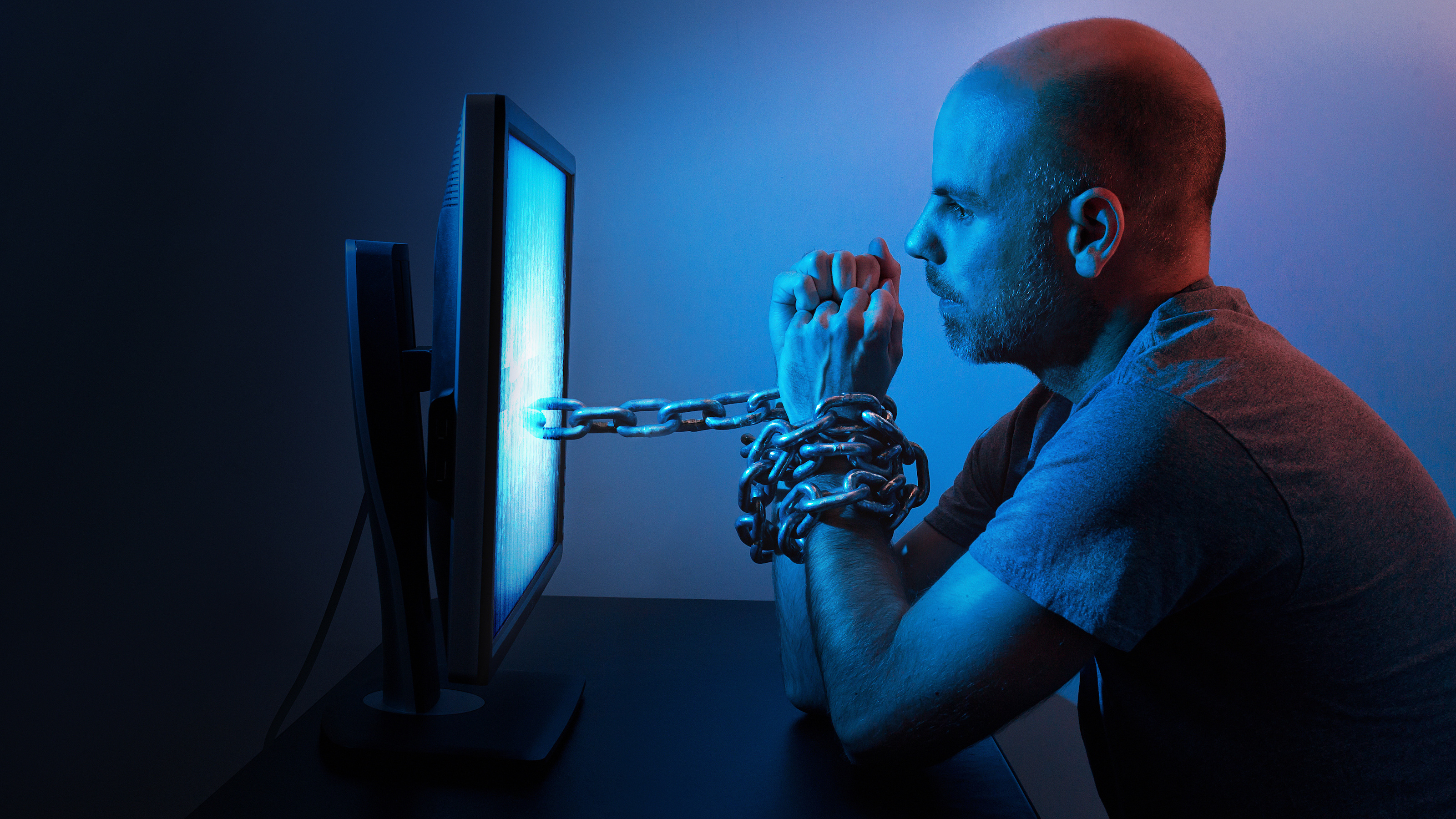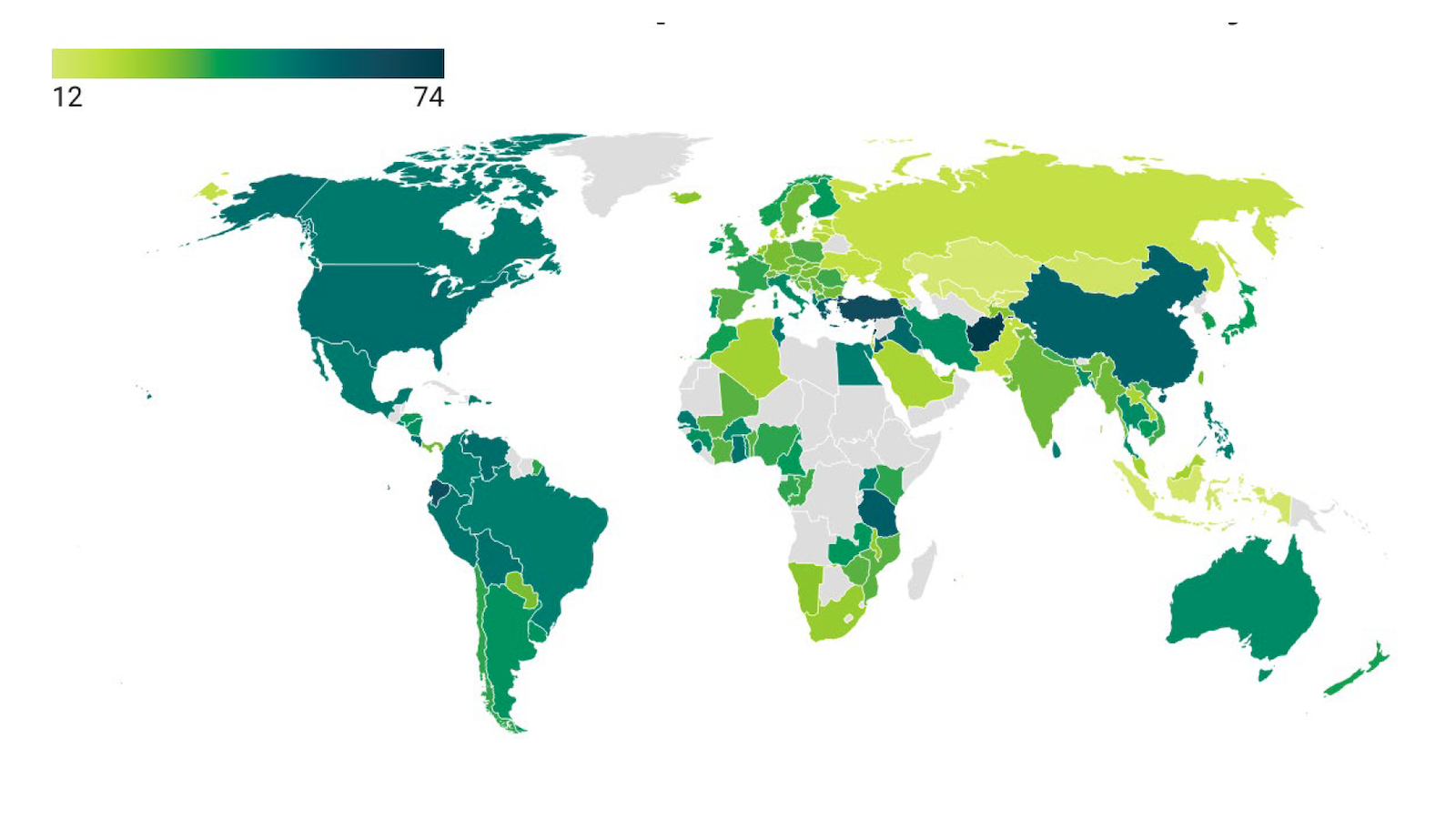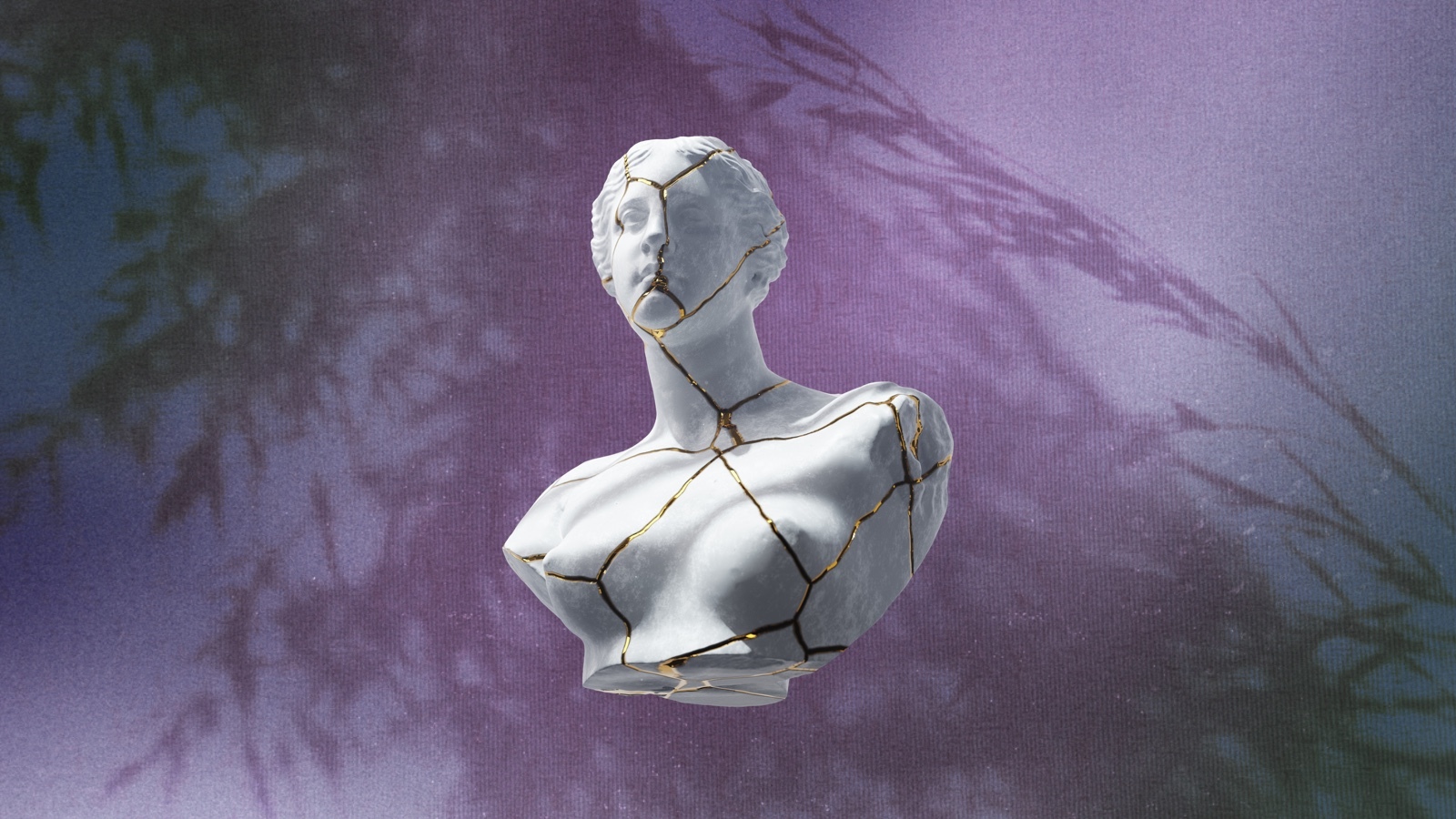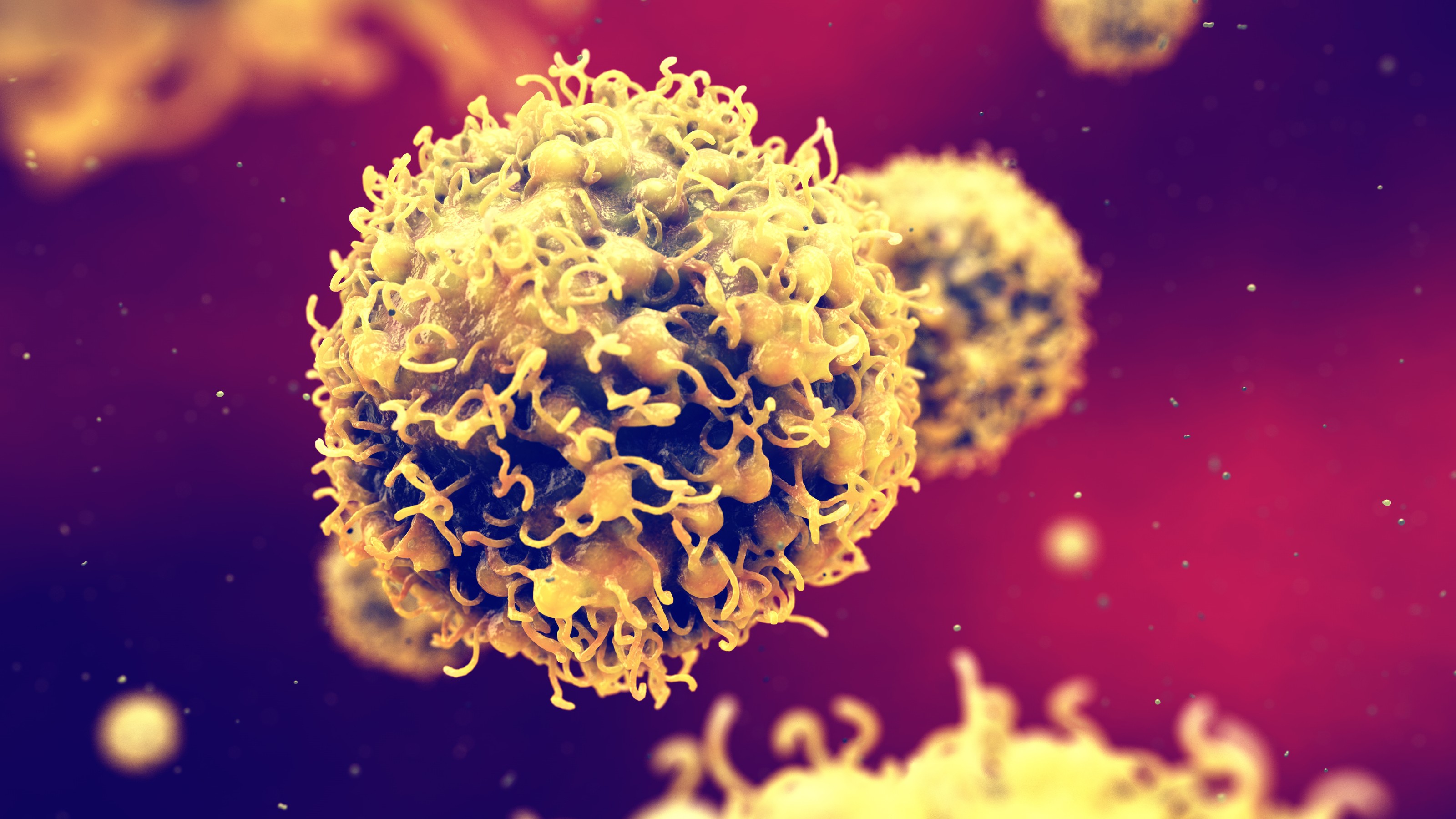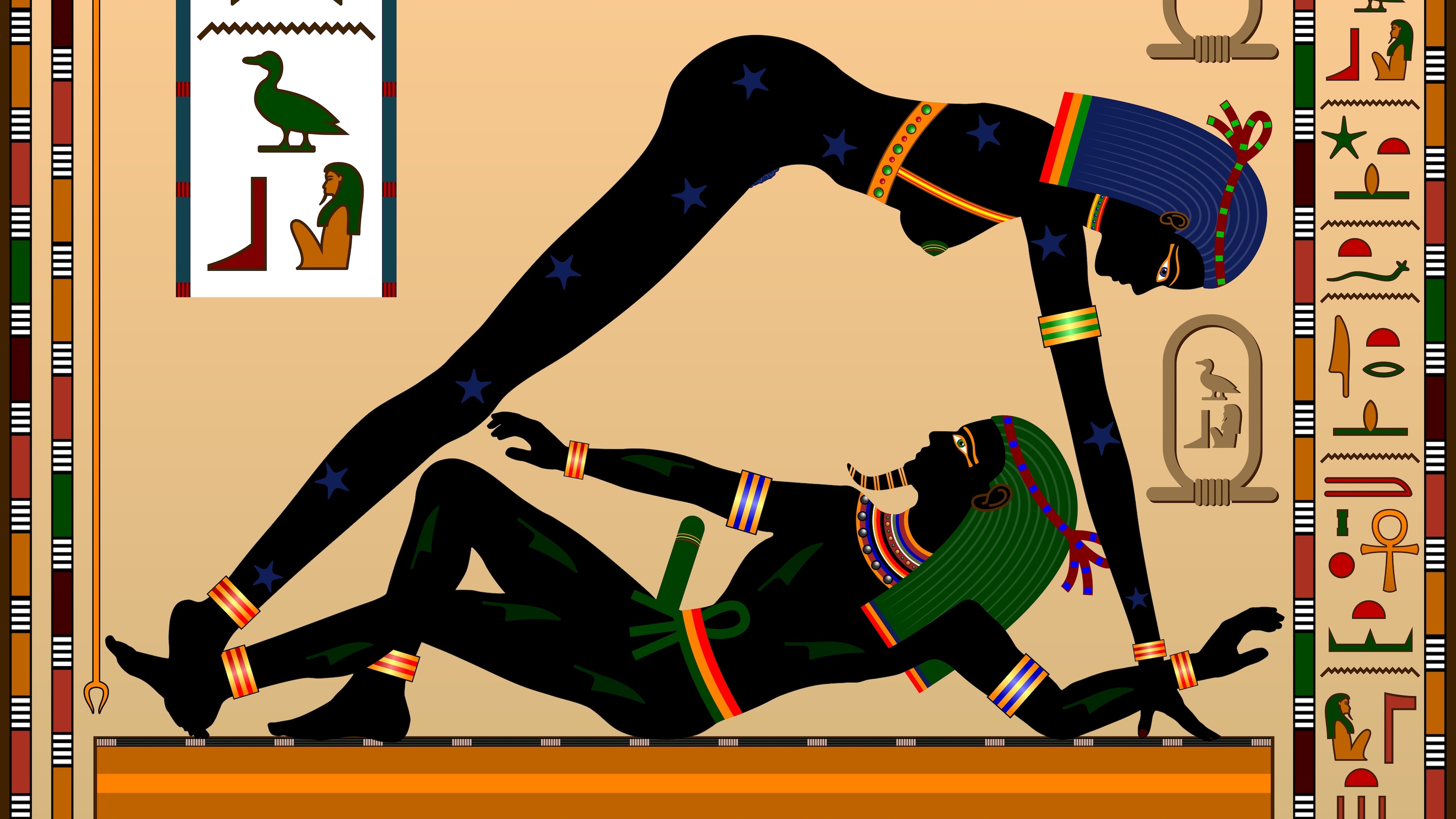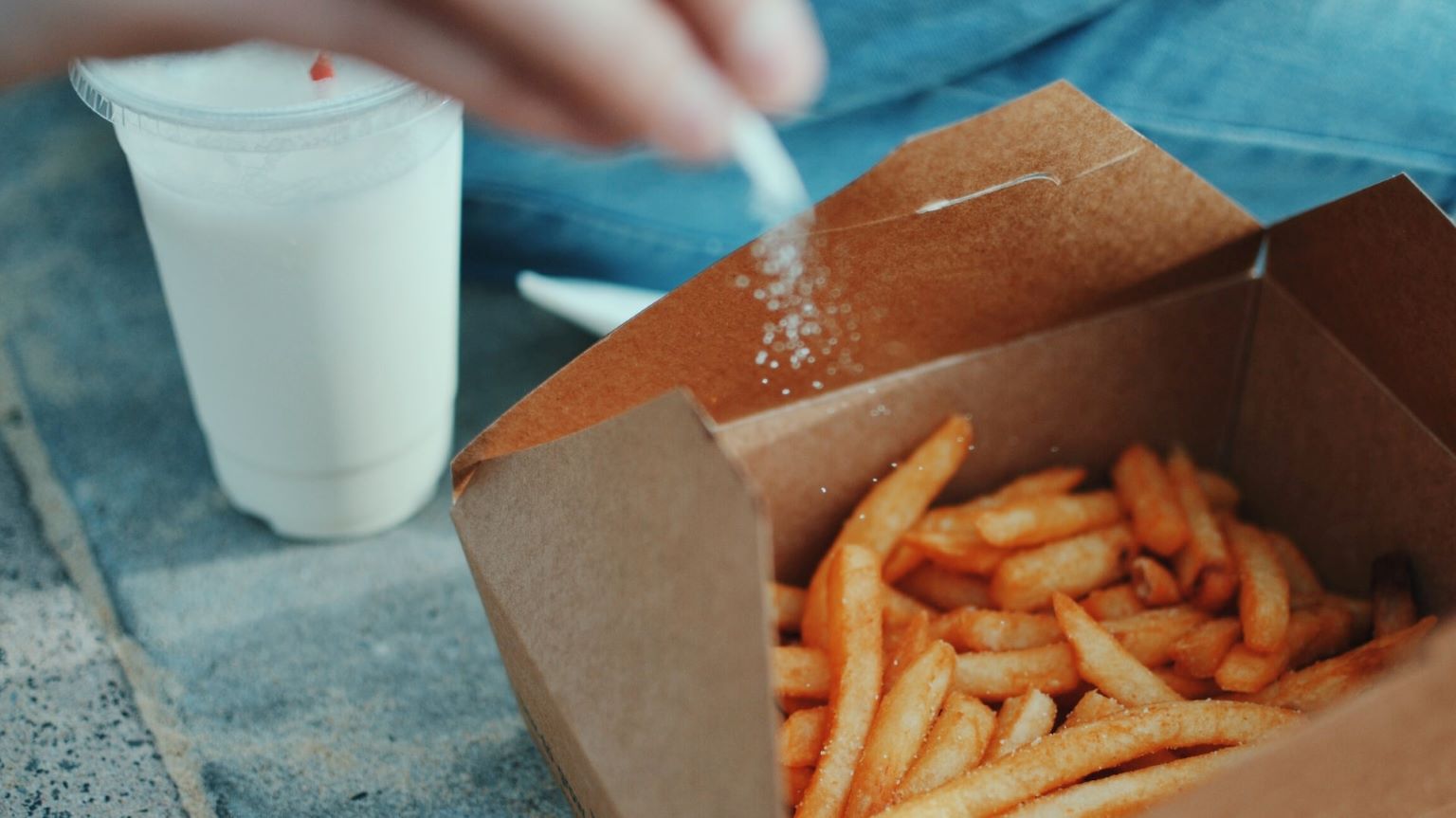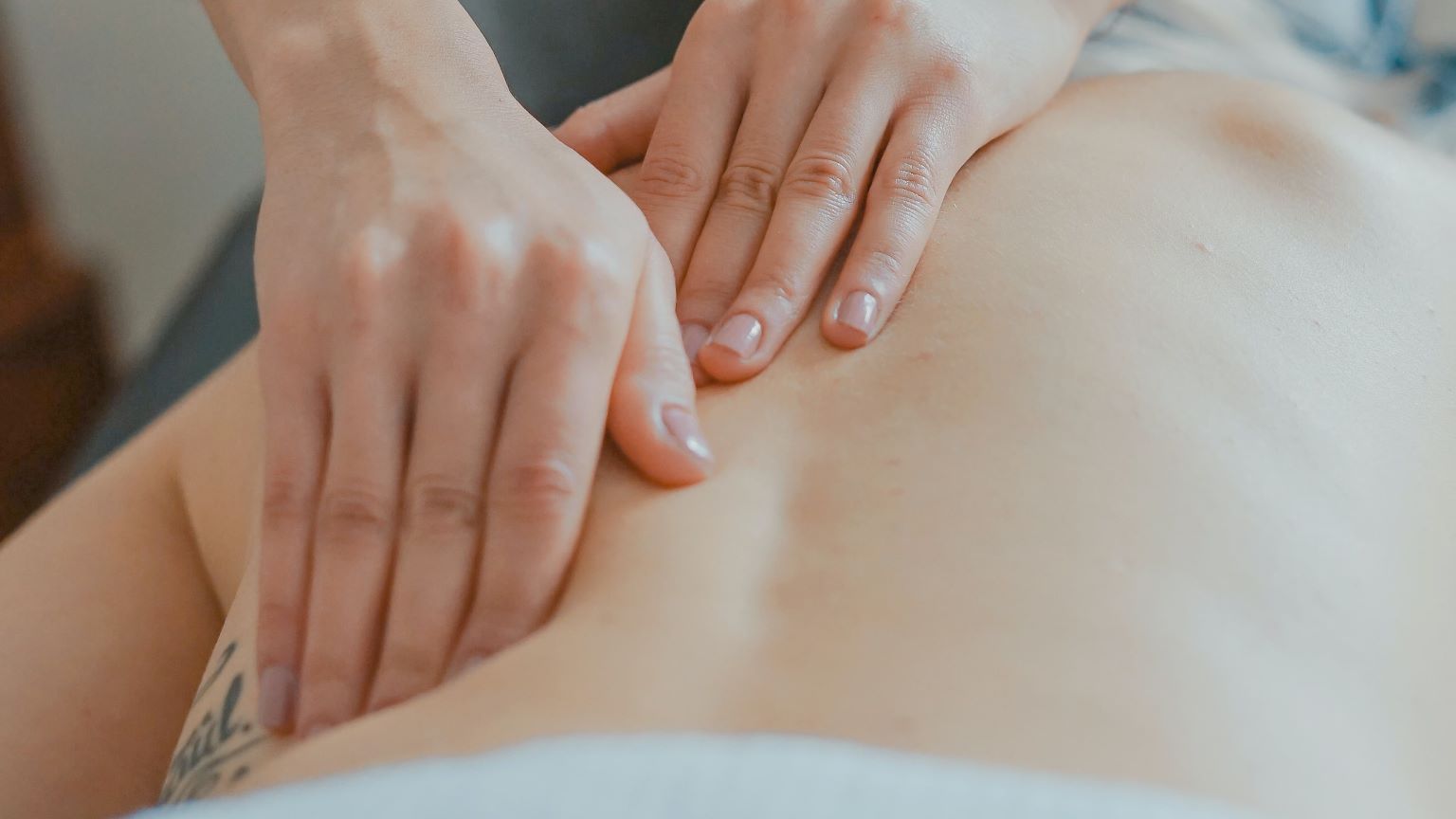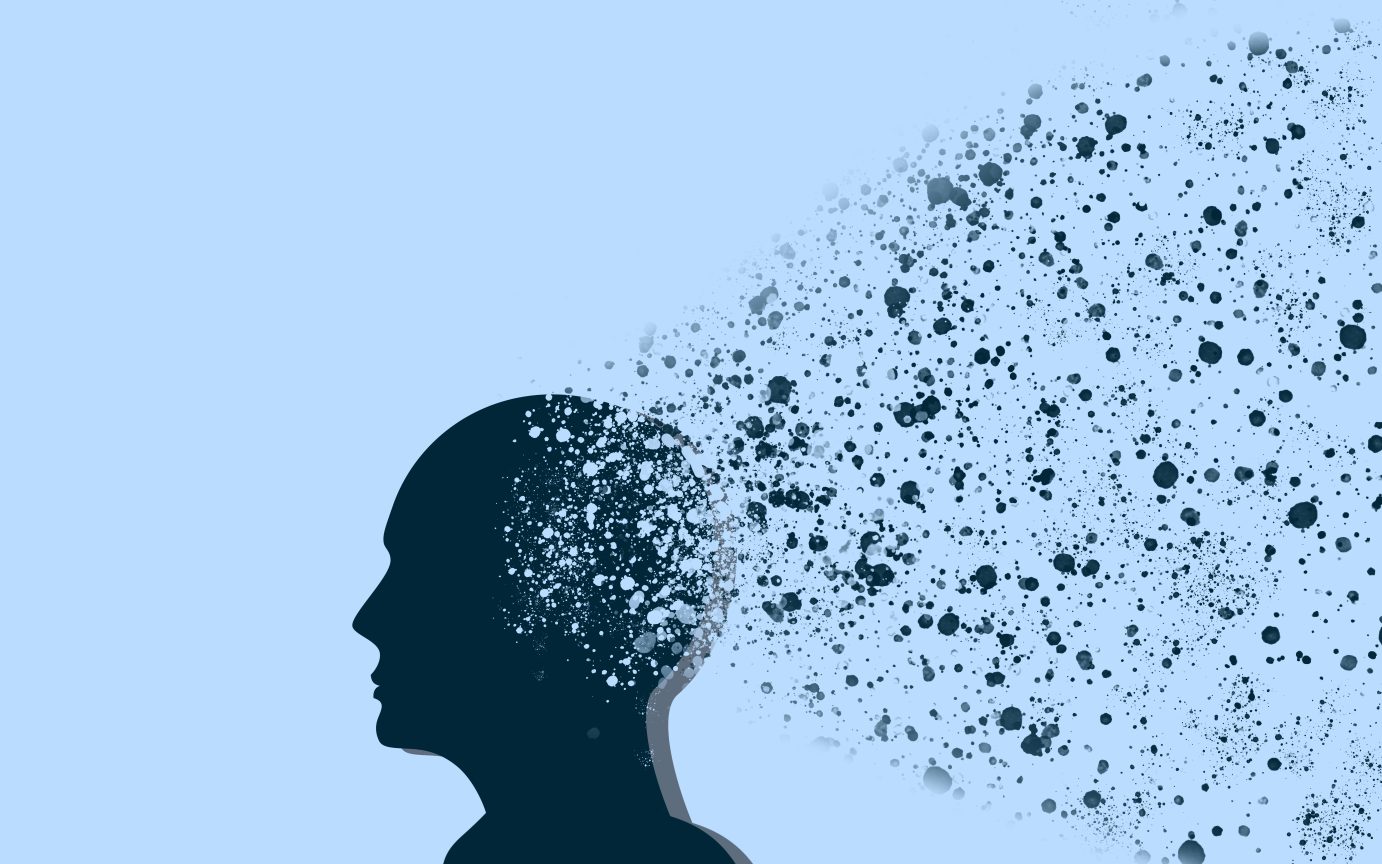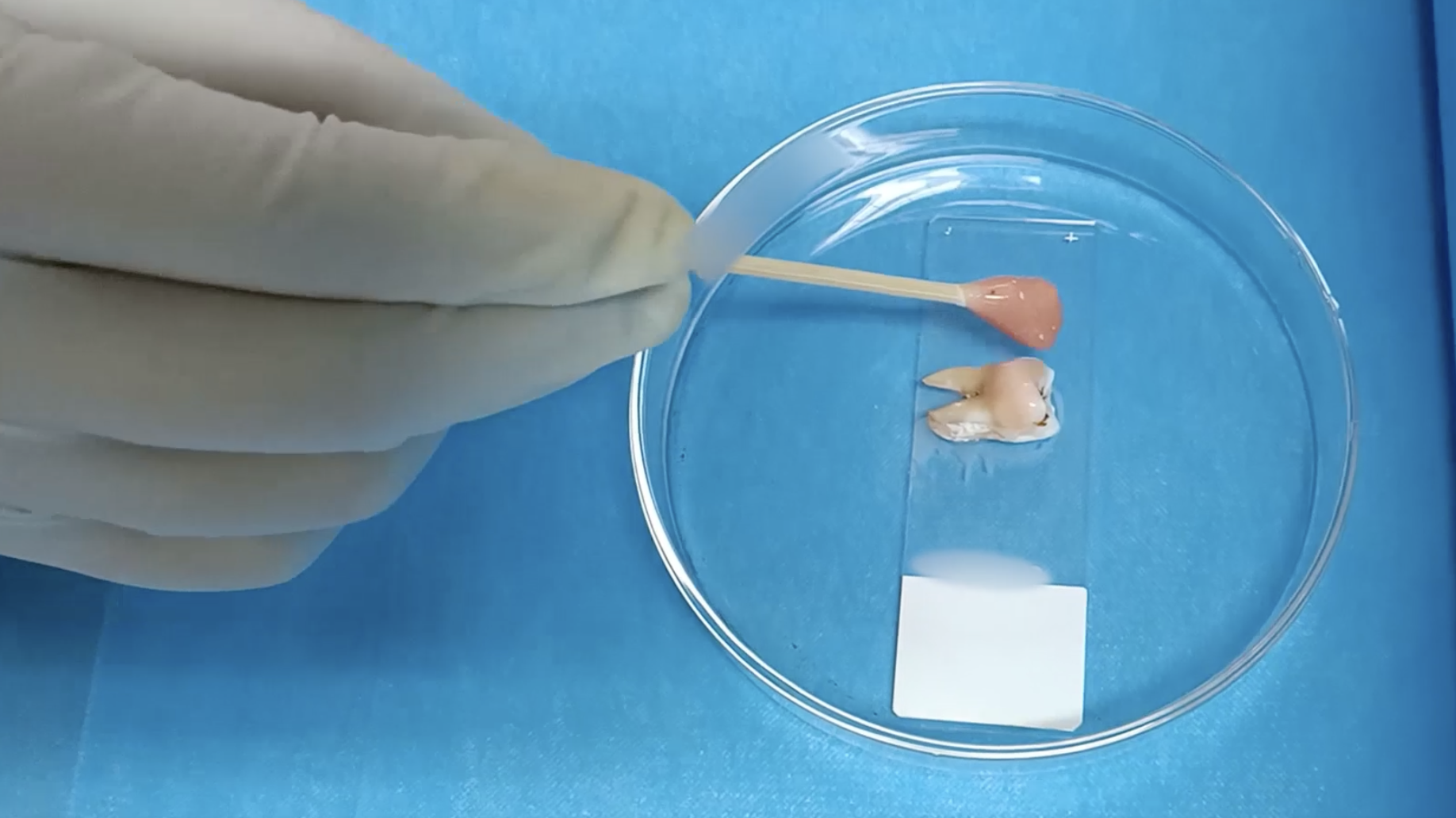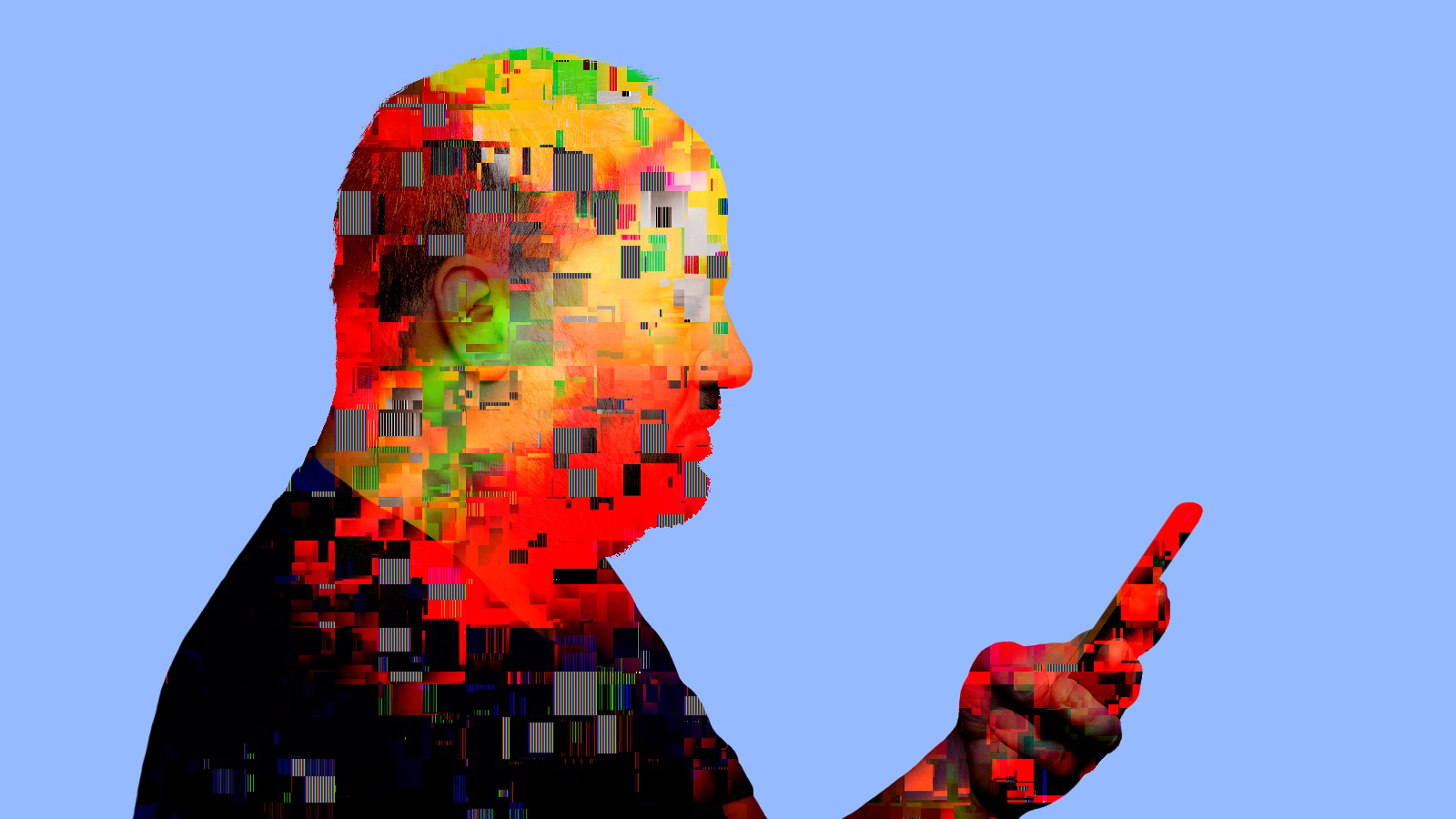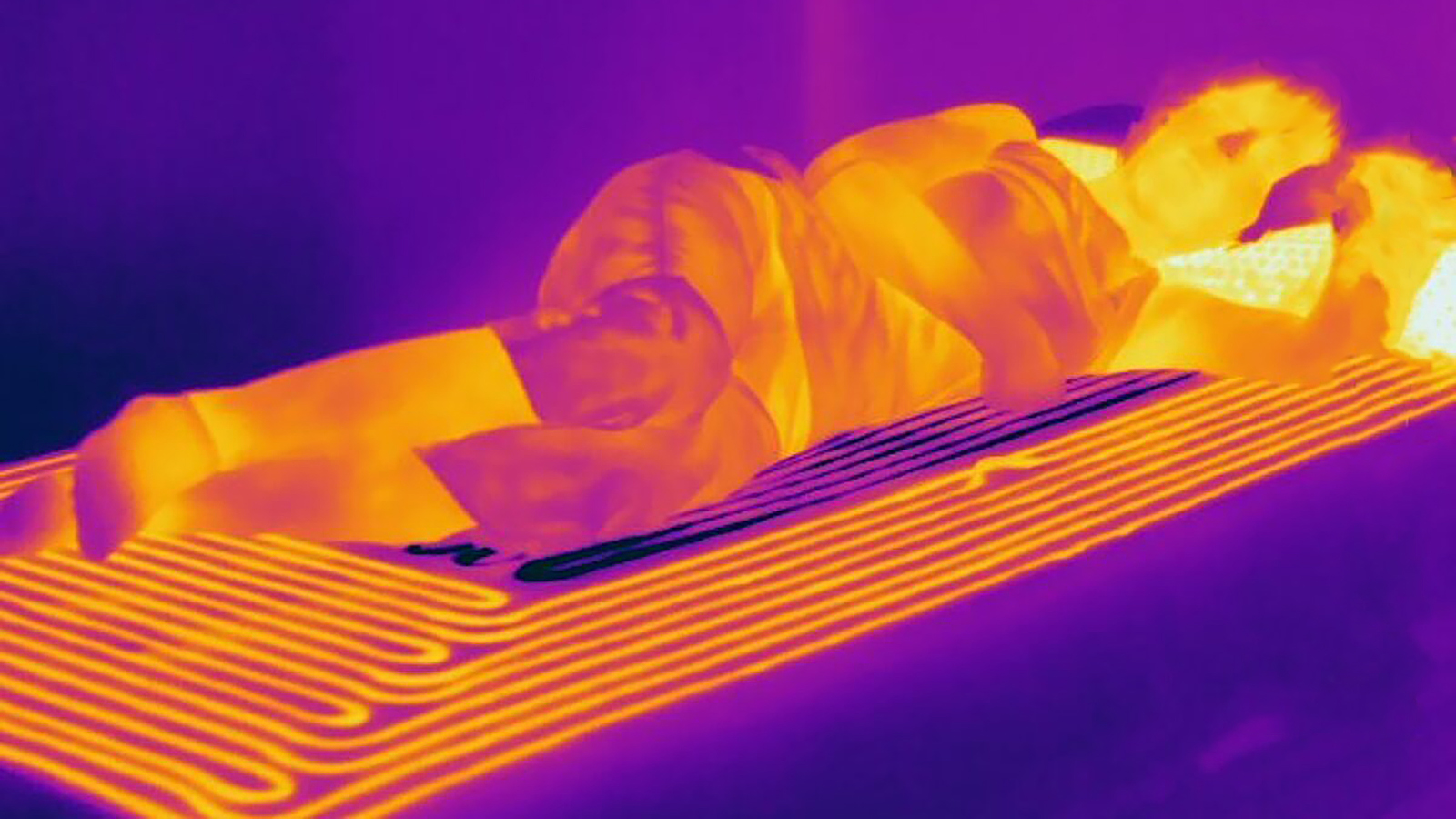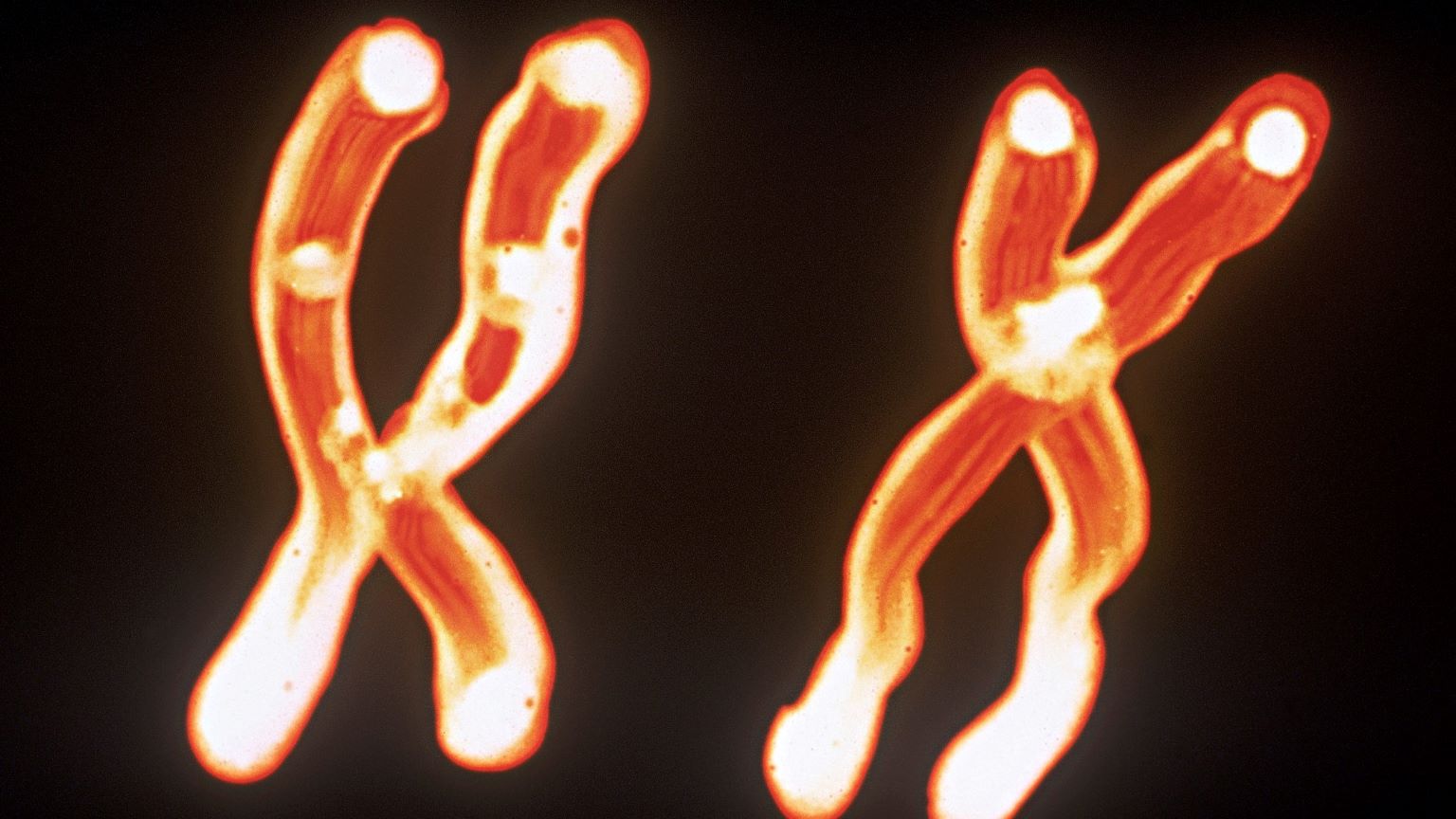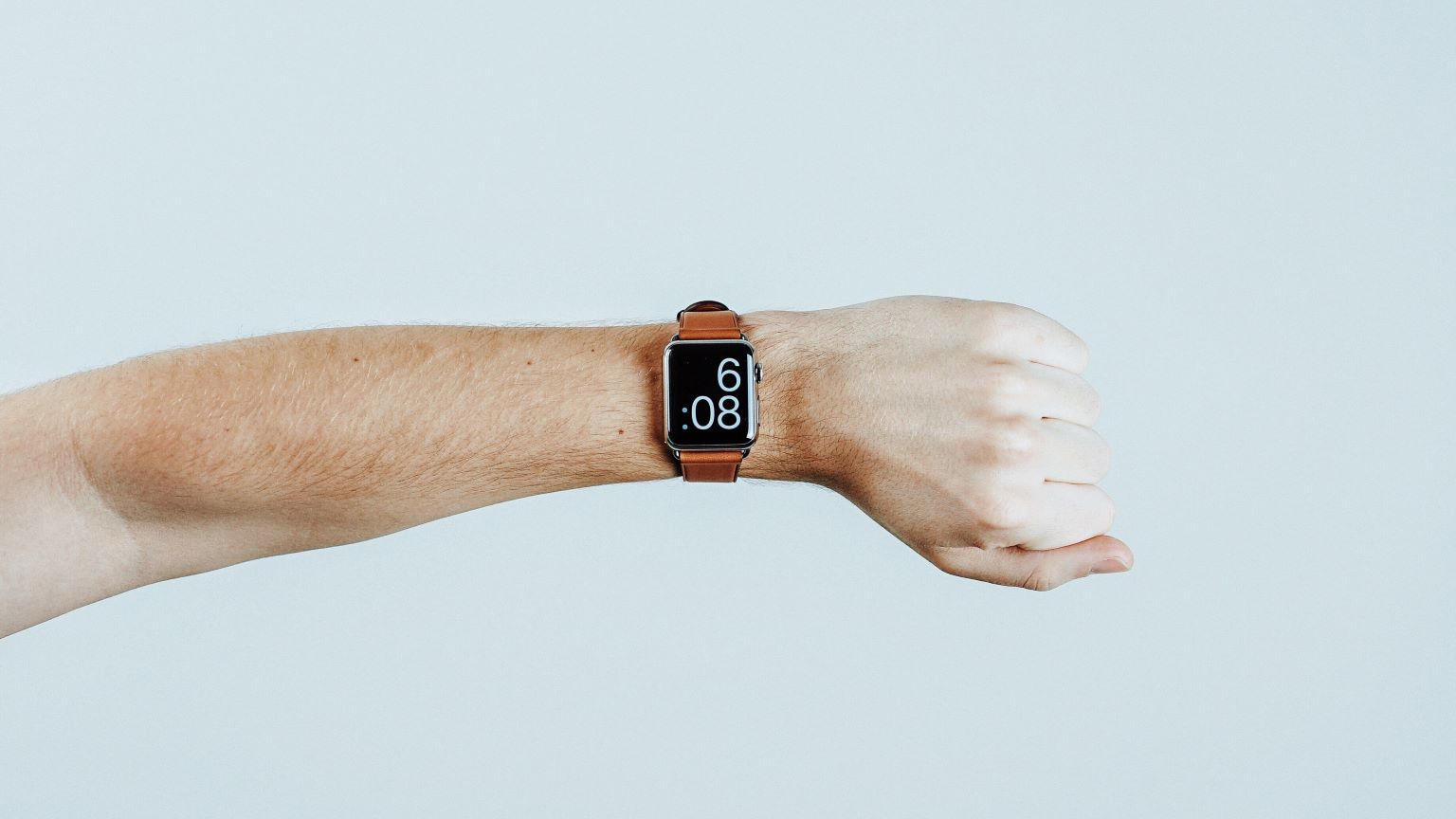wellness
“Kids are always asking two questions of parents: ‘Am I safe?’ and ‘Am I real?'”
Running to catch the bus might help you live longer.
Synthetic milk is not a sci-fi fantasy; it already exists.
Becoming less physically active as you get older is not inevitable.
Ancient humans may have evolved to slumber efficiently — and in a crowd.
Caffeine does something, but it’s not clear exactly what.
Brown noise, the better-known white noise, and even pink noise are all sonic hues.
A new study concludes that eating more carbohydrates reduces a person’s risk of major depressive disorder.
Antibodies can start forming in intestines over 10 years before symptoms arise.
Which studies are actually worth the hype?
The idea that we’re happier at the beginning and end of our lives is really just a comforting myth.
Instead of liberation, the sexual revolution has led some people, particularly men, to be addicted to porn.
“We are what our bodies do with what we eat.”
If you want to escape the negativity, head to Kazakhstan.
Perfectionism is on the rise, and its consequences for mental health can be devastating. The Japanese philosophy of “wabi sabi” can help.
Certain cancers are striking earlier than they used to.
Creativity and achievement require balancing hard work with the restful power of calm.
Only have sex with a person you love — a novel concept!
Not all stress is created equal.
Today’s young people are intelligent and kind, but they are overworked and burned out.
Salt causes a dehydration-like state that encourages the conversion of the starch in the french fry to fructose.
What are they and, more importantly, how do you get rid of them?
Alzheimer’s disease is frightening, but the right combination of lifestyle choices can reduce your risk.
When scientists tested this hydrogel on mice, they had cleaner teeth than most humans.
The phenomenon of “digital dementia” might not be real after all.
Research shows how temperature can be used to manipulate circadian rhythms.
While Y chromosome loss was first observed in 1963, it was not until 2014 that researchers found the link to a shorter life span.
Music and sounds only seem to reduce pain in mice when played at a specific volume.
It’s common knowledge that syncing your circadian rhythm to a natural light-dark cycle could improve your health and well-being.
